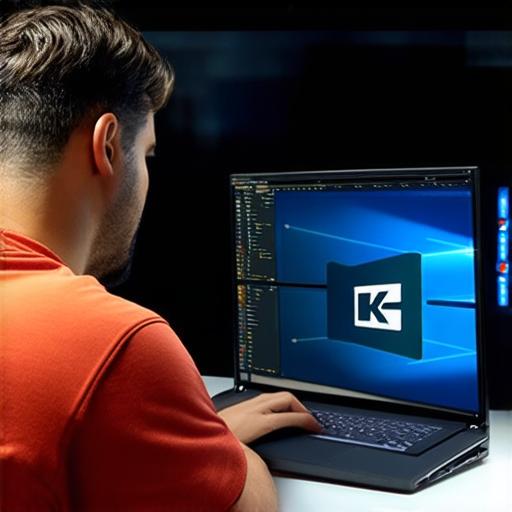What is Unity 3D?
Unity 3D is a cross-platform game engine that enables developers to create games and interactive experiences for various platforms such as PC, mobile, console, and virtual reality (VR) devices. It uses C as its primary programming language and supports various scripting languages such as JavaScript and Boo. Unity 3D also has a built-in physics engine and supports 2D and 3D graphics.
Paid vs Free Unity 3D
Unity 3D offers both paid and free versions, each with its own set of features and capabilities. The free version is called Unity Basic and is suitable for beginners who want to learn the basics of game development. It has limited features and is not suitable for commercial projects.
The paid version of Unity 3D is called Unity Pro, Unity Enterprise, and Unity Cloud. These versions offer more advanced features such as cloud-based services, multiplayer capabilities, and enhanced performance. The cost of these versions varies depending on the number of seats and the size of the project.
Unity 3D Licensing
Unity 3D uses a license-based system for its paid versions. The license allows developers to use Unity 3D for an unlimited period, but they must comply with the terms of the license agreement. For example, they cannot redistribute or sell their projects created using Unity 3D without obtaining proper licensing from Unity Technologies.
Unity 3D also offers subscription-based models for its paid versions. Developers can subscribe to Unity Pro or Unity Enterprise on a monthly or annual basis and use the software for as long as they want. The cost of these subscriptions varies depending on the size of the project and the number of seats required.
Unity 3D Free vs Paid: Pros and Cons
The free version of Unity 3D has its own set of pros and cons, as does the paid version. Here are some of the key advantages and disadvantages to consider when deciding between the free and paid versions of Unity 3D:
Free Version:
Pros:

- Suitable for beginners who want to learn game development
- Limited cost (free)
- Access to a large community of developers who can provide support and resources
Cons:
- Limited features and capabilities
- Not suitable for commercial projects
- Requires proper licensing before distribution or sale of projects created using Unity 3D
Paid Version:
Pros:
- More advanced features and capabilities
- Suitable for commercial projects
- Cloud-based services, multiplayer capabilities, and enhanced performance
- Access to technical support from Unity Technologies
Cons:
- Cost (varies depending on the size of the project and number of seats)
- Requires proper licensing before distribution or sale of projects created using Unity 3D
Summary
In conclusion, Unity 3D is both a paid and free software. The free version, Unity Basic, is suitable for beginners who want to learn game development, while the paid versions offer more advanced features and capabilities suitable for commercial projects. The cost of the paid versions varies depending on the size of the project and the number of seats required. Developers must comply with the terms of the license agreement before distribution or sale of their projects created using Unity 3D.


